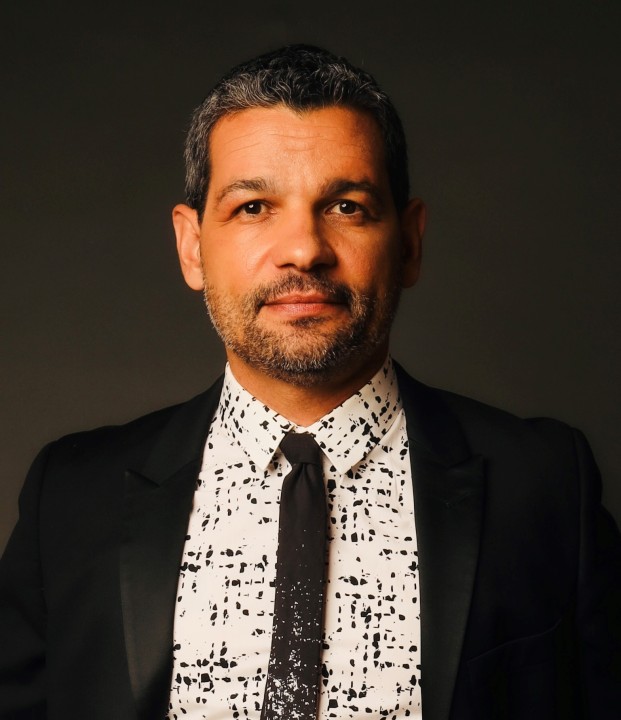In today’s increasingly diverse society, the call for multicultural marketing is more pronounced than ever. Anyone who suggests otherwise either has an agenda or doesn’t fully understand the mindsets of multicultural segments and the growth opportunity they pose for brands. While it’s true that the American mainstream is now multicultural, this doesn’t render multicultural marketing obsolete. In fact, it’s needed now, more than ever, because consumers within individual ethnic segments want brands to reflect their unique values, beliefs, behaviors, and lived experiences. It emphasizes the need for marketing strategies that are not just inclusive but culturally relevant and based on proven insights, focusing on the unique needs and brand relationships of these consumers that go beyond the basic need for representation.
Diversity in marketing campaigns can fuel innovation and creativity, but just aiming for inclusivity in mainstream campaigns is not good enough. Research from both the Association of National Advertisers’ Alliance for Inclusive and Multicultural Marketing (AIMM) and Nielsen proves that, despite increased inclusivity and representation in ads and programming, communities of color feel more invisible than ever unless dedicated efforts for multicultural segments support them. By embracing different cultures, backgrounds, and experiences, and challenging conventional norms, marketers can craft compelling and authentic storytelling that resonates more profoundly with targeted audiences, significantly improving brand trust, preference, and purchase intent. This isn’t about leveraging diversity for diversity’s sake; it’s about leveraging the positive, building brand relationships, and uplifting where there is an opportunity.
The importance of multicultural marketing is underscored by real-world disparities that different segments face, such as access to healthcare, financial management, education, and social justice. Tailored approaches that address these disparities are required because we live in a world that is far from equitable. Treating everyone the same overlooks the systemic discrimination, oppression, and marginalization historically faced by underrepresented racial and ethnic communities. Studies have shown that brands committed to addressing social inequities and promoting inclusivity enjoy enhanced consumer loyalty and business growth.
Despite brands and agencies proclaiming commitments to support diverse communities, there is a noticeable discrepancy between their intentions and the actual execution of these strategies as of 2024. Multicultural marketing should not be siloed but integrated within – or in many cases even led – overall marketing efforts, informed by the new demographic composition of the country and leveraging real-time data for informed decision-making.
The need for incorporating unique cultural insights and addressing consumers’ specific needs at the crossroads of their American journey remains paramount. This shift requires a fundamental return in mindset that has been embraced by multicultural specialists for decades but is now often being overlooked by both brands and agencies, under the premise that the American mainstream is now multicultural. Multicultural strategies and inclusive practices must be integrated into strategic planning from the outset, rather than treated as an afterthought or isolated initiative. This means hiring and retaining diverse talent and partners who are proven multicultural marketing experts and valuing the unique perspectives and insights they bring to the table.
Leadership’s role in driving this cultural shift is crucial. Multicultural employees must see themselves reflected in leadership positions beyond just diversity, equity, and inclusion roles to feel truly valued and empowered to contribute to the organization’s success.
Looking ahead, the implications for the future are clear. Despite facing challenges, industry think tanks, like ANA/AlMM, the Hispanic Marketing Council, and the 3AF: Asian American Advertising Federation, have proven that insights-based and strategic multicultural marketing is critical for long-term business growth. Businesses adept at strategic navigation of these shifts and prioritizing a deep understanding of varied consumer demographics will position themselves for success. In the end, a marketing strategy should be inclusive, and the need for dedicated multicultural efforts is as important now as ever. Suggesting that the need for dedicated multicultural efforts has passed is not just irresponsible—it’s a misunderstanding of the current and future marketplace dynamics. It is not a question of whether multicultural marketing should be a part of your strategy; it is a question of how to integrate it effectively to resonate with the rich diversity that defines our nation.
Andy Checo is Managing Director, Public Relations and Social Media at New York-based full-service agency d exposito & Partners and Board Member of the Hispanic PR Association (HPRA).

